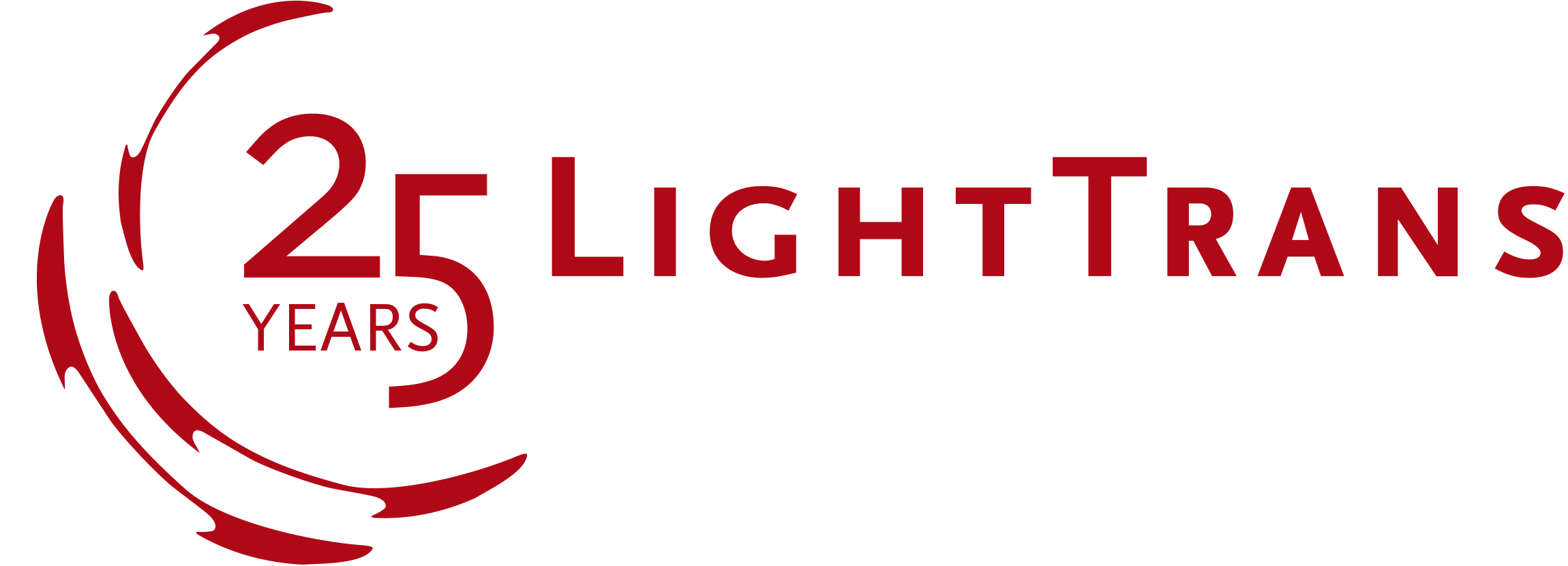VirtualLab Fusion Applications, Technology & Workflows
Modeling Anisotropy and Crystals in VirtualLab Fusion
07 – 08 December 2021
08:30 – 12:00 (CET)
Offer Requests are no longer possible.
If you are interested in further training options, please contant sales (at) lighttrans.com
Duration and Intended Audience:
- 3 hours per day | 2 days in sum
- Additional 30 minutes technical check on first training day
- Active and prospective users of VirtualLab Fusion who would like to gain a general understanding of the modeling of anisotropic media through exercises and examples. Beginner & experienced level.
Technical Environment:
- The online training will be implemented with the platform “WebEx”.
- Detailed technical instructions will be provided to participants in time before training.
Content
We know how important polarization effects are in modern optics. They can be anything from detrimental side effects not initially taken into account by a design to a desired feature of a specific setup, with the vectorial behavior offering new degrees of freedom for the design process. And generally, if we talk about polarization, sooner or later we will be talking about crystals and anisotropy in general.
The fast physical optics software VirtualLab Fusion boasts a thorough electromagnetic treatment of the field, from the specification of the source to the definition of the detector function, through the response of the components, so that all vectorial effects in the system can be considered. And now, with the release of the 2021.1 version, it also comes with a solver for anisotropic media fully embedded in its powerful field tracing engine! In this interactive online training, our optical engineering experts will give you a brief overview of the basic technology of VirtualLab Fusion, introduce the new anisotropy-related features, and walk you through the simulation of several relevant examples!
Learning Outcomes
- Become familiar with the basics of our connecting field solvers technology
- Learn how to set up an optical system including anisotropic media & crystals
- Perform simulations of basic experiments with anisotropy, like birefringence
- Use crystals in practical applications, like a reflective polarizer for use in an LCD
- Dive into new opportunities for the design of optical coatings with anisotropic layers
Agenda
Day I | Day II |
|---|---|
|
|
Please note that this timetable is intended to serve as orientation only. The organization of the time slots during the actual training may be adjusted on the spot and will depend on the dynamics of the group on the day.





